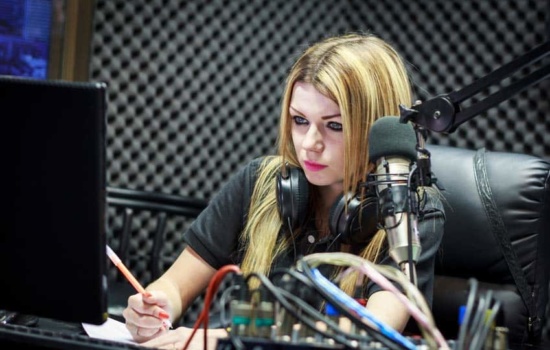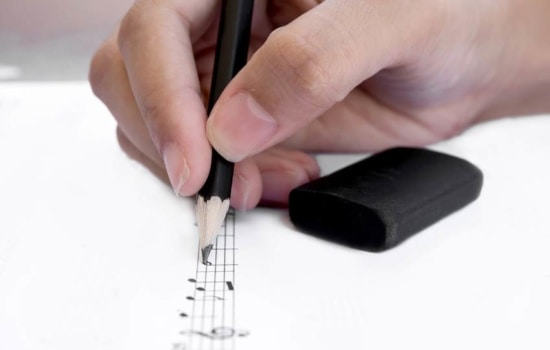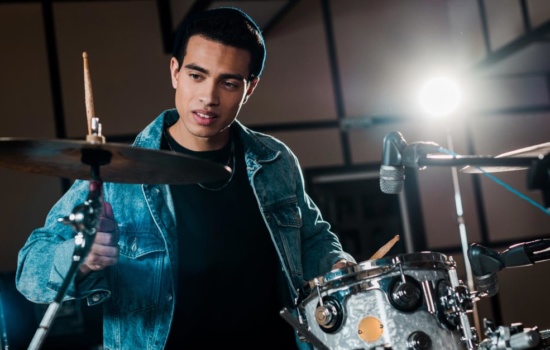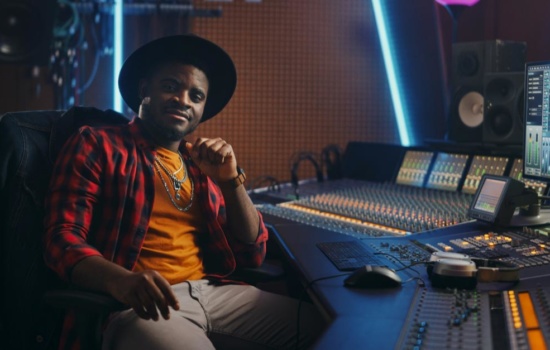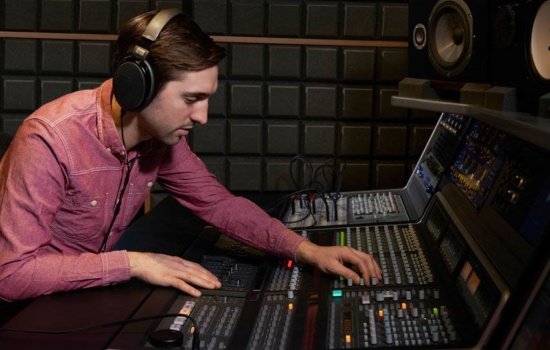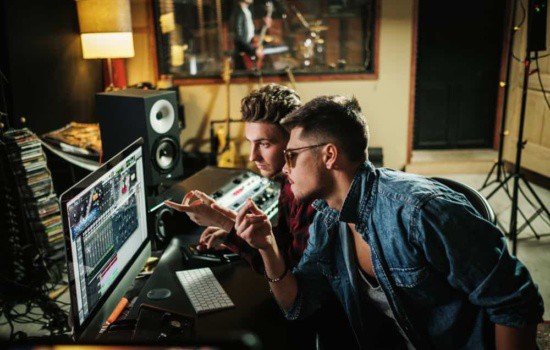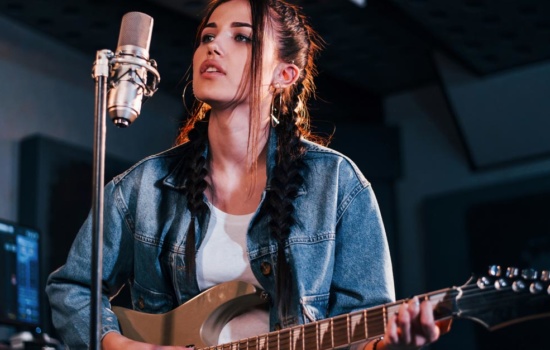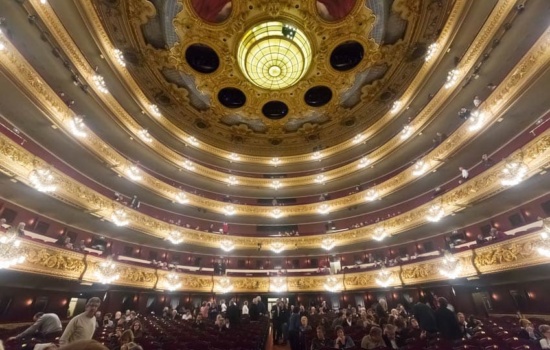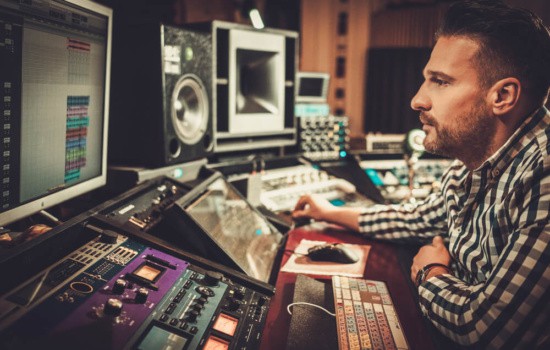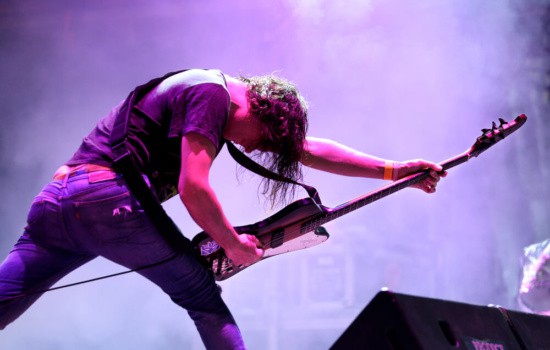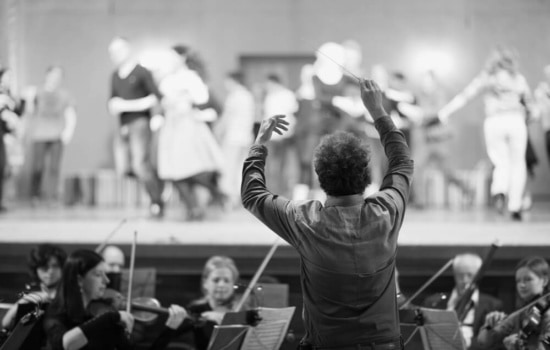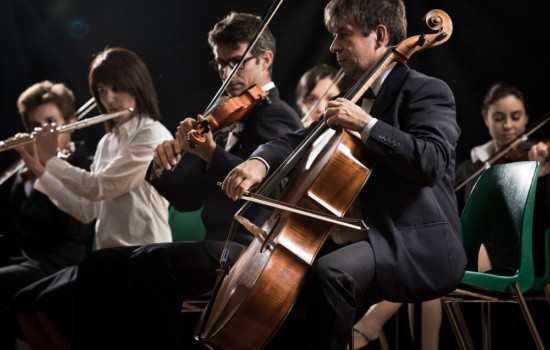Music Career Finder
Start Here:
Music Careers
If you want to explore every career the music industry has to offer, you’re in the right place. Since 2010, we’ve been the trusted authority on music career information — serving over 2.5 million users every year. We’ve interviewed more than 100 industry experts to give you honest, insider insights into what these careers are really like, so you can make informed choices and launch your own path with confidence.
Most Popular Music Careers
Looking for the perfect career in the music industry? You’re in the right place. Explore our comprehensive list of music careers — from well-known roles to hidden gems — and find the path that fits your unique talents and goals. Dive in, do your research, and take the first step toward turning your passion for music into a real, rewarding career. Your dream job is out there — let’s help you find it.
Most Popular Music Career Categories
This section breaks music careers down by their major categories. This is a great way to find careers that you might not be aware of, but are similar to some you may already know and be interested in.


